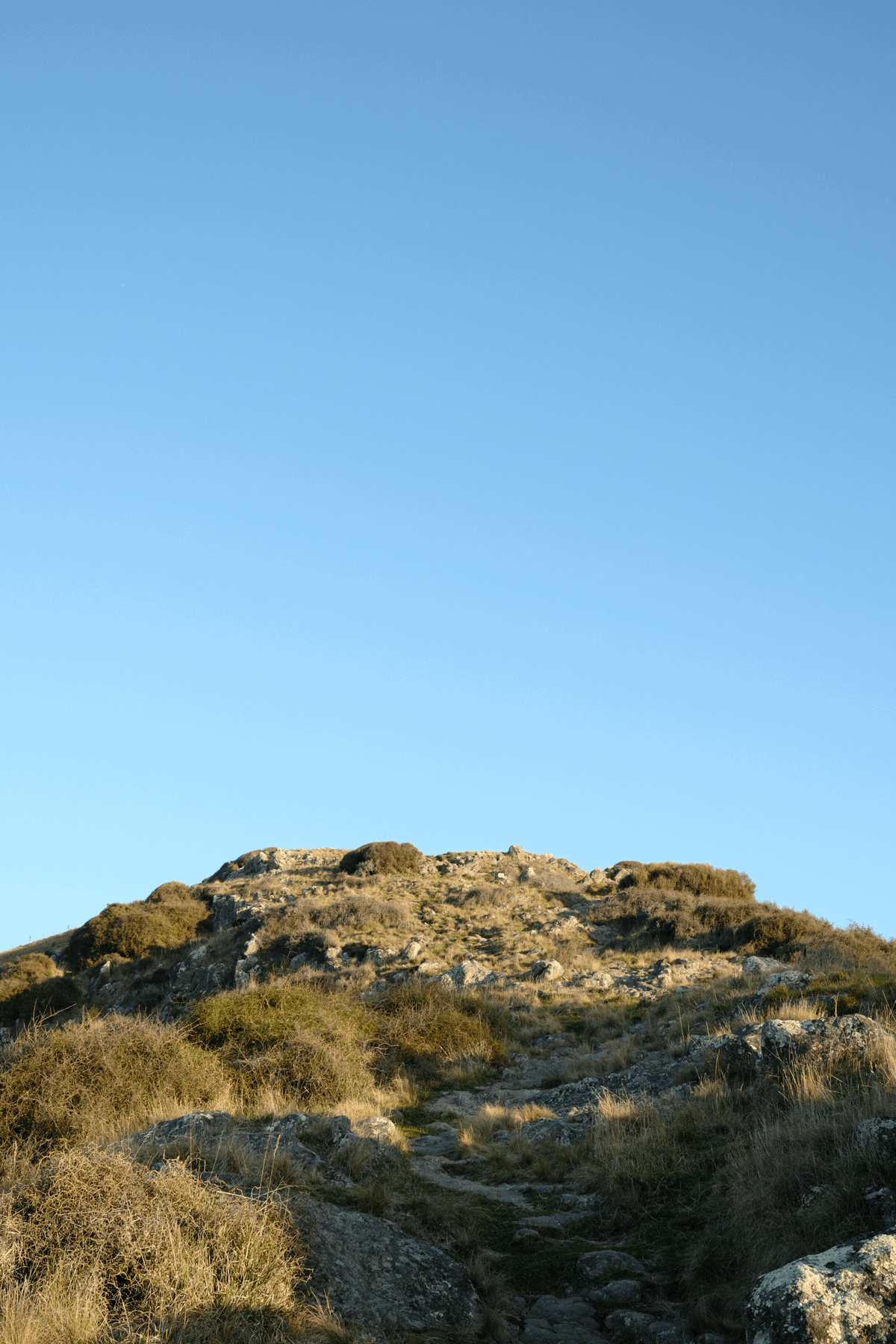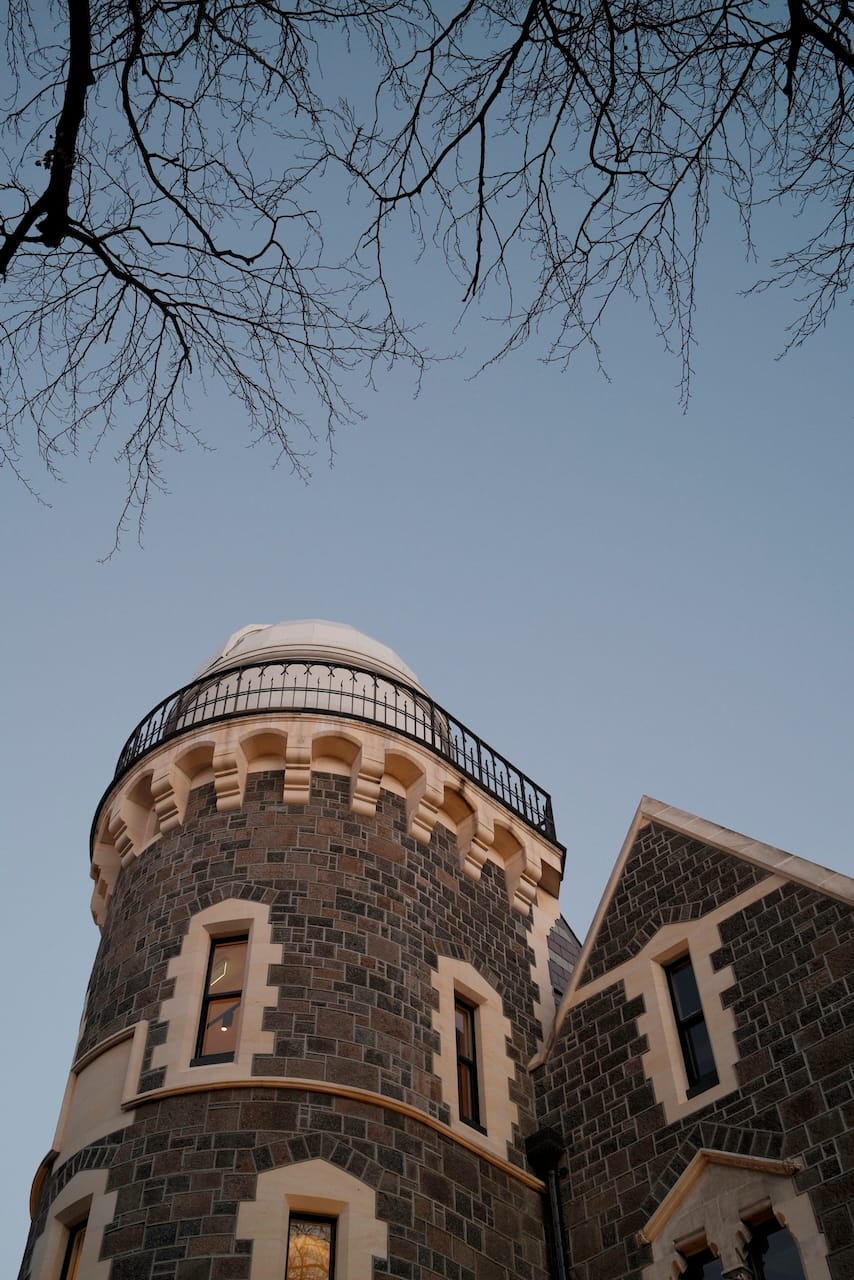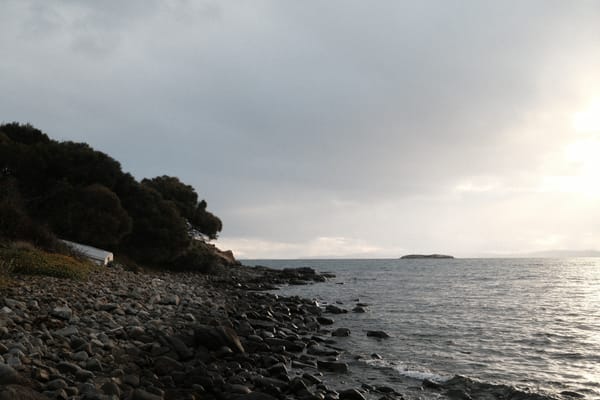He Pī ka Pao
When I enrolled in He Pī ka Pao I have to admit that I was worried I wouldn't stick with it. Not because I didn't feel committed, or that it didn't feel important enough - but that those things haven't always translated into me staying with something in the past.

Like so many other Pākehā, I’ve really wanted to commit to improving my te reo Māori. Also like so many other Pākehā, I've done a few courses over the years - I deeply regret the "don't care" attitude I had towards te reo Māori classes in high school; I took some excellent classes run for the arts sector in Ōtautahi by Juanita Hepi of Te Whare Tapere; I spent six months working my way through Scotty Morrison's Māori Made Easy.
I've always loved learning, but that hasn't always translated into a commitment to studying. I struggled keeping the discipline for it when life got tough during uni, and dropped a business course halfway through when life got too busy in my mid 20s. I'm able to be much more generous to myself about that now than I have been in the past - recognising that things do get hard, life does get busy, and that's okay. This year I also got an ADHD diagnosis which has really put things into perspective, too.
So when I enrolled in He Pī ka Pao, Te Wānanga o Aotearoa's level 1 and 2 te reo Māori course, I have to admit that I was worried I wouldn't stick with it. Not because I didn't feel committed, or that it didn't feel important enough - but that those things haven't always translated into me staying with something in the past. I was really aware that these courses have so much demand - from Māori and tauiwi - and I had to really ask myself whether I was taking up that space from someone else, and if I was really worrying about sticking with it, would I be taking that space from someone who would stick with it?
At the same time, this felt really important to me - as I'm sure it does to so many other people. When te reo Māori is so explicitly under attack from this government; when my role requires me to meet kanohi ki te kanohi with so many people around Aotearoa; when I'm on my own haerenga with research into my own whakapapa, where I come from, my place on this whenua and my relationship with Te Tiriti; and, yes, when I have some of my own healing to do with my relationship to learning, study, commitment, perseverance - I think part of me also needed to prove to myself that I could.
And when I tell you that this is the easiest commitment I have ever continued to make with myself? It's like nothing else.
I'm an educator in my day to day mahi - and He Pī ka Pao has taught me so much not just about te reo Māori but about learning and teaching and creating safe environments. I've often found myself looking at the rangatahi in my life and what their schooling has been like, with flexibility to learn about the things that interest them, in ways that suit them and meet their needs, and find myself wishing I could experience high school the way so many of them get to. He Pī ka Pao is like that.
In the first couple of classes, the kaiako introduce the framework that guides the experience - Ako Whakatere. It grounds the class in some important ways, and has so effectively created such a joyous, safe, and productive learning environment for us. Ako Whakatere has some simple principles: that learning te reo Māori is easy; that all learners can be successful; and that learning is easier in a calm and stress free environment. In practice, this plays out by creating a learning environment that is framed around helping everyone learn rather than test results, assessments, and outcomes.
Class opens with whakatau tinana, to settle the body from the day's work. We constantly use mahi ā-ringa (actions) associated with new kupu, utilising a learning tool called 'total physical response' to help the kupu stick - and so many of the actions are based on NZSL, which is really working for my brain (though some of them aren't at all, and I find myself signing either way). Assessments (or "non-threatening aromatawai" as we call them in class) are pass-fail instead of graded, with plenty of flexibility on achieving them. We take regular breaks. Everyone brings something to share for paramanawa. In the first weeks, we used word associations to help remember everyone's names - and as someone who is terrible with faces and names, it's the most I've ever been able to remember, which in itself feels like a miracle.
We're constantly using waiata and kēmu to learn new kupu and sentences. We're an eclectic class - in age, background, mahi, experience, languages spoken, personality, approach to learning - and every week, we're up there playing silly buggers with the biggest grins on our faces. It's a classroom that is setting us tauira up for success, and you can really feel that when you're in it.
He Pī ka Pao is three hours of joy and safety every week. Our class have become friends - when I was away for nearly a month between semester break and the flu, my new friends checked in on me. Whenever anyone is sick, someone will let our kaiako know. The group chat is full of aroha and awhi. We treat each other with kindness on this journey, celebrating every win and stopping to make sure everyone is on the waka, that no one gets left behind. The first time one of us said "I think that deserves a... [all together] te pai hoki!" back to one of our kaiako was a real moment.
And it's incredible how that's translated into my learning. I had picked up so many bits and pieces of te reo over my life, but He Pī ka Pao has given me such a strong foundation - and SO much more confidence - only six months in. I was at a conference for mahi this week and found myself comprehending so much more of the whaikōrero than I ever have before.
It feels almost impossible to describe at times. Before our first noho marae, hushed whispers started being passed around about the skits they'd make us do, with the other classes in our year - friends in the year ahead of us giving us the heads up. They said we'd love it. I know very few people who actively enjoy the prospect of creating a performance with people you've only just met. But when it came around? They were absolutely right. Everyone was creative and funny and SO unexpected - and no matter what your rōpū did, you were received with cheers and applause.
Now, when I try to convince others to enrol, they go "didn't you say they made you do SKITS?" and get the same look of mistrust I once had when I say "it's actually so fine, and actually fun." Indescribable and unbelievable.
I know it might sound like exaggeration, but I think He Pī ka Pao has really redefined my relationship with learning, and inspired me to think about different approaches to my teaching. It's the most fun I've had in a class - and the most comfortable and safe I've ever felt in a learning environment. I look forward to it every week - we all do, regularly talking about how even on nights when we really don't feel like leaving the house, as soon as we walk through those doors, we're happy to be there.
We're now six months in, just wrapping up level one. I've just had a few weeks away with the flu, and was getting worried about falling behind - but both my class and my kaiako have been so supportive, almost soon as I verbalised that worry it was extinguished. In fact, our kaiako just last week let us know that this year, even though it's fine when it happens - across the whole year group no one has had to withdraw from the course. I can't say I'm surprised - it's the best learning I've ever done.
Thanks for reading! Ghost has recently updated to version 6.0, which includes some neat new features like implementation with ActivityPub (Mastodon et al) and a bridge with Bluesky - so if you're reading this on those platforms, welcome!
I've also recently bought a new camera - that's a whole post in itself - but it's so nice to be able to illustrate this post with work of my own again, instead of relying on Unsplash's stock imagery.
Here's one of my recent faves as thanks for making it to the end - quintessentially Ōtautahi, I know.


